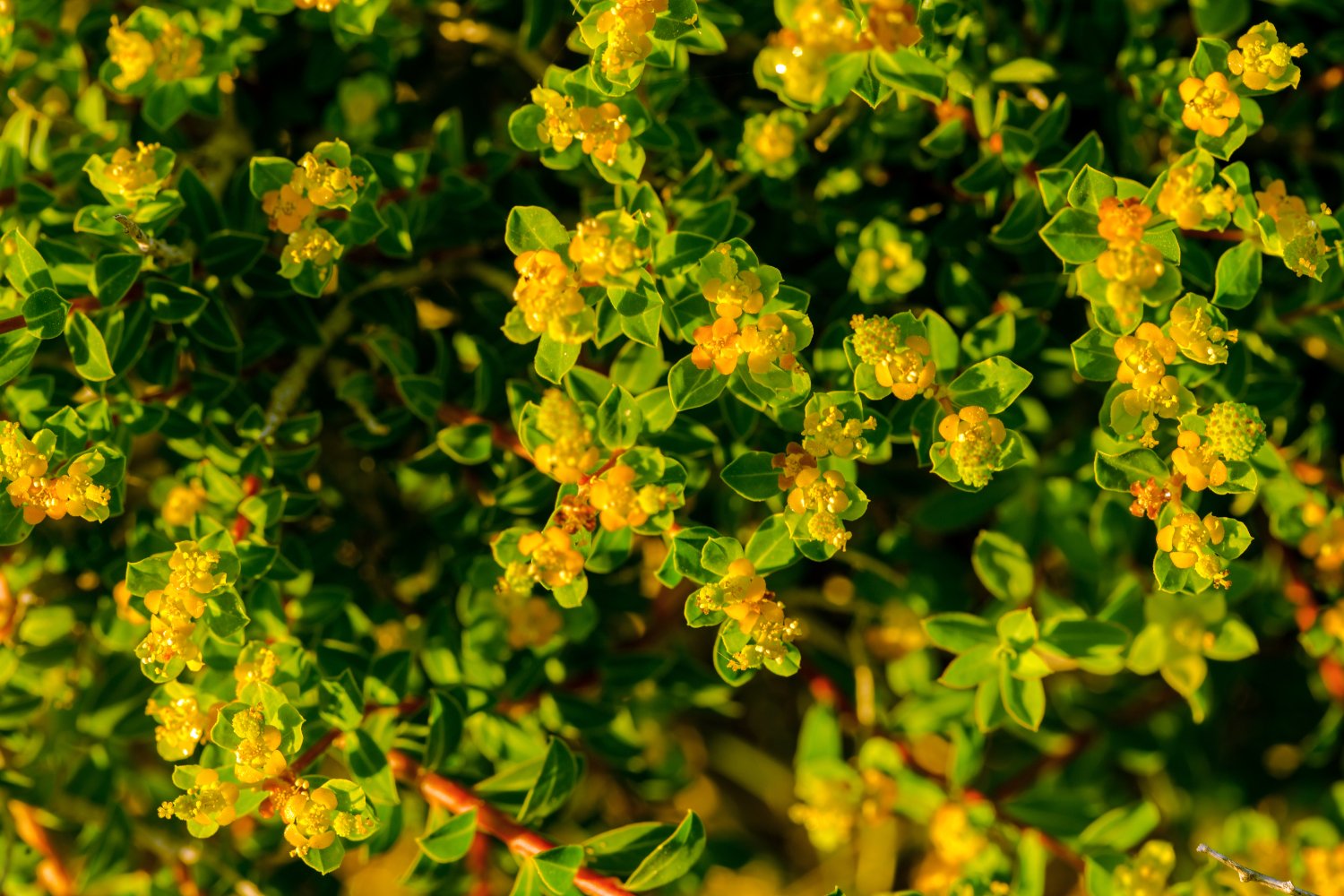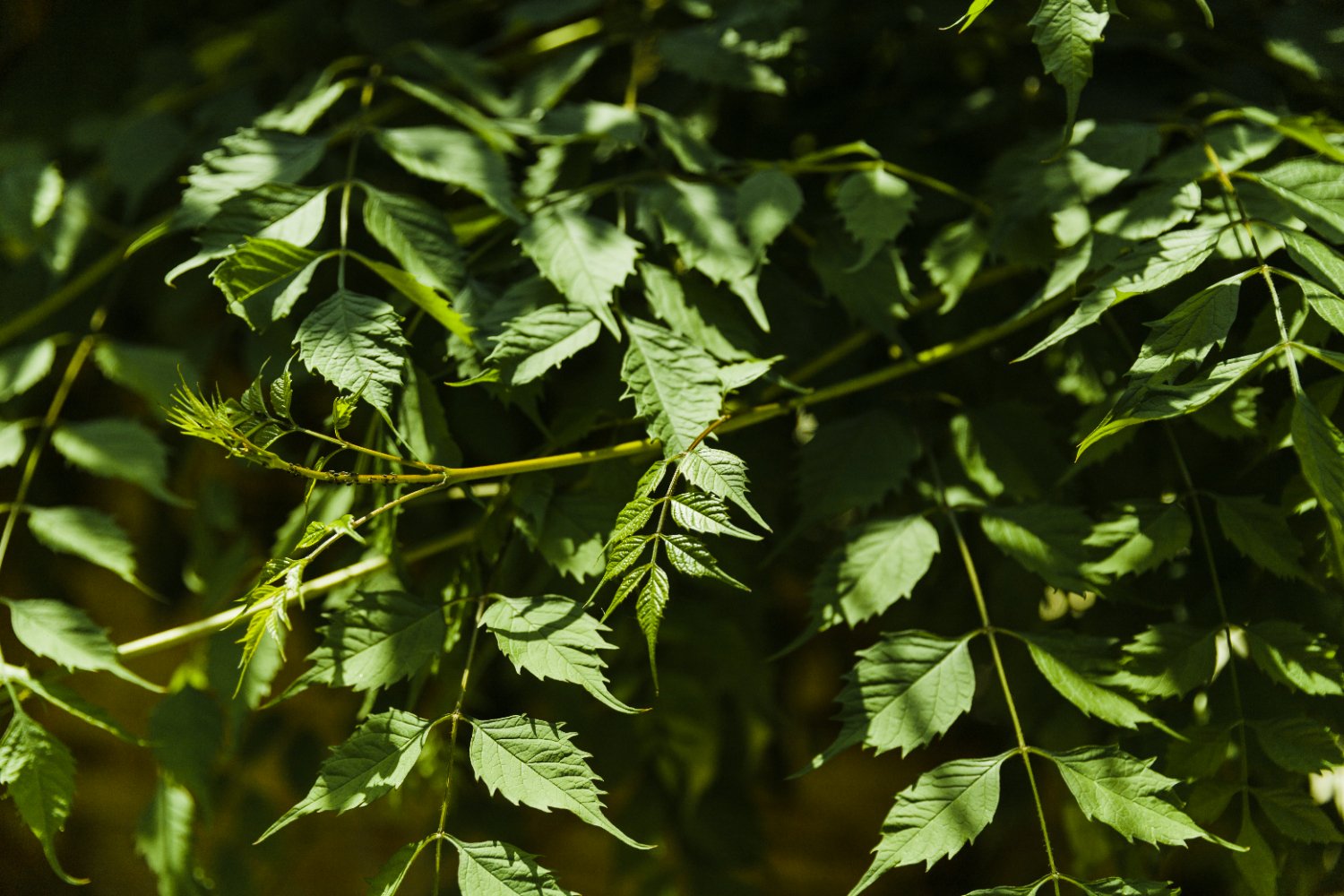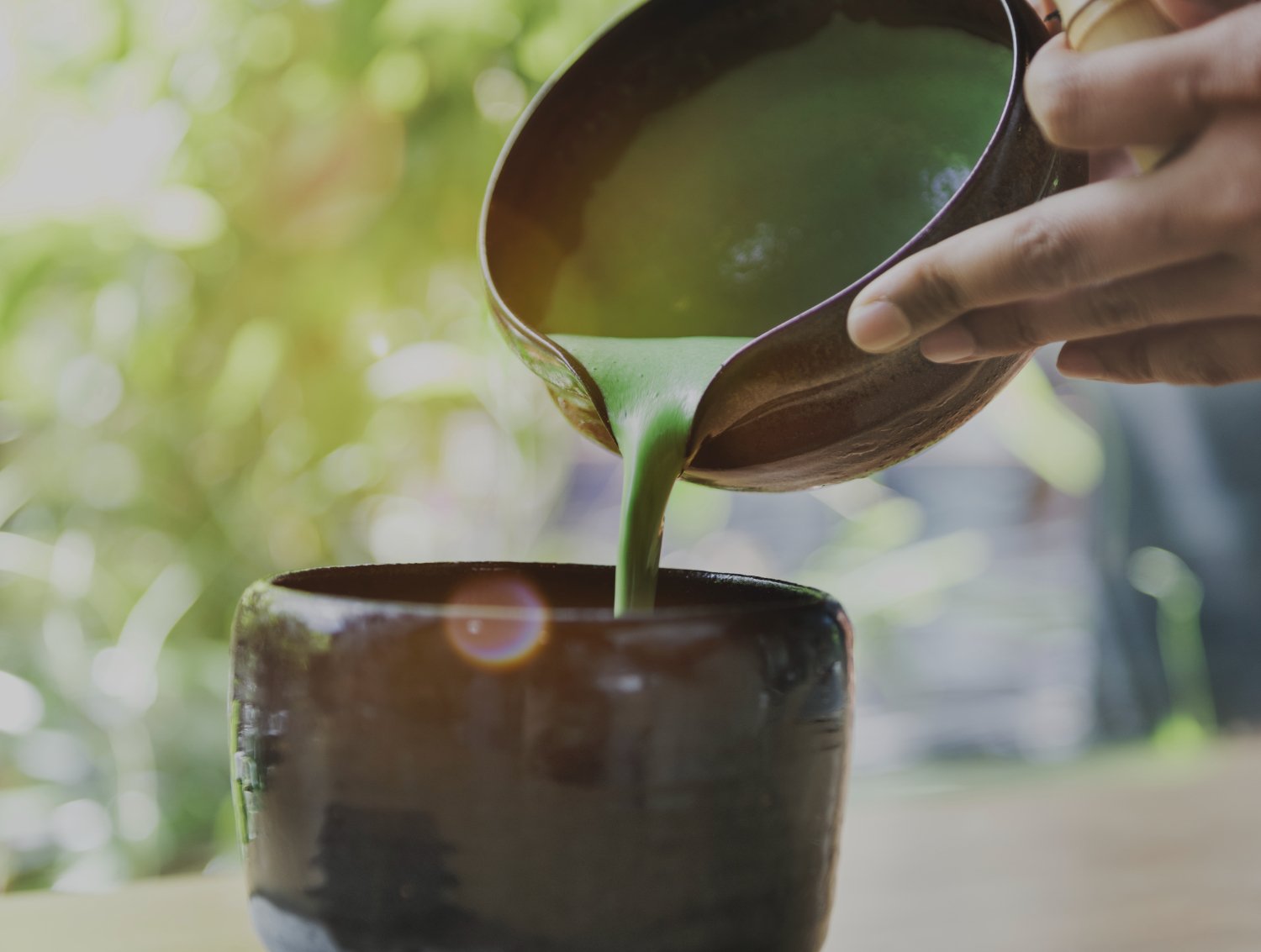Kininis skudutis, dažnai vadinamas „moteriškuoju ženšeniu”, yra tradicinis augalinis vaistas, daugiausia naudojamas kinų medicinoje. Jis yra žinomas dėl savo galimo poveikio moterų sveikatai, ypač su menstruacijomis ir menopauze susijusiems simptomams malšinti.
Jei ketinate įtraukti Kininį skudutį į savo kasdienę mitybą, labai svarbu suprasti jo galimą naudą, pavyzdžiui, hormonų pusiausvyros skatinimą ir energijos lygio didinimą.
Be to, svarbu žinoti apie galimą šalutinį poveikį ir atsargumo priemones, susijusias su jo vartojimu.
Šiame pranešime nagrinėsime, kaip efektyviai ir saugiai vartoti Kininį skudutį, ypač turintiems tam tikrų sveikatos sutrikimų, taip pat aptarsime kitus svarbius veiksnius, į kuriuos reikėtų atsižvelgti prieš įtraukiant šį preparatą į savo režimą.
Naudojimas ir veiksmingumas
Kininis skudutis gali palaikyti moterų sveikatą, ypač menstruacijų ir menopauzės simptomus. Jis gali padėti sušvelninti mėšlungį, nuotaikos svyravimus ir karščio bangas, reguliuoti menstruacijų ciklą ir palengvinti su menstruacijomis susijusį diskomfortą.
Kininis skudutis ne tik padeda spręsti menstruacijų problemas, bet ir skatina bendrą hormonų pusiausvyrą ir gerina kraujotaką, o tai gali būti naudinga menopauzės metu. Taip pat gali padidinti energijos lygį ir sumažinti nuovargį, padėdamas efektyviau tvarkytis kasdienėje veikloje.
Prieš įtraukiant Kininį skudutį į savo sveikatingumo rutiną, labai svarbu pasikonsultuoti su sveikatos priežiūros specialistu, kad įsitikintumėte, jog jis atitinka jūsų sveikatos tikslus, ir kad būtų nustatyta tinkama dozė ir forma, atitinkanti jūsų poreikius.
Kininis skudutis gali būti įvairių formų, pavyzdžiui, kapsulių, arbatų ar tinktūrų, todėl tai yra natūralus požiūris į moterų sveikatos problemas. Nepamirškite, kad individualios reakcijos gali skirtis, todėl svarbu atkreipti dėmesį į savo organizmo poreikius tyrinėjant galimą naudą.
Šalutinis poveikis
Nors daugelis žmonių gerai toleruoja Kininį skudutį, kai kuriems žmonėms jis gali sukelti šalutinį poveikį. Atkreipkite dėmesį į neįprastus simptomus ir, jei reikia, apsvarstykite galimybę koreguoti dozę arba nutraukti vartojimą.
Dažniausias šalutinis poveikis:
- Gali pasireikšti pykinimas, pilvo pūtimas ar viduriavimas.
- Odos reakcijos: Alerginės reakcijos gali sukelti bėrimą ar niežulį.
- Galvos skausmas: kai kuriems asmenims po vartojimo gali skaudėti galvą.
- Kraujavimas: gali padidėti jautrumas kraujavimui, ypač jei vartojami kraują skystinantys vaistai.
Atsargumo priemonės ir įspėjimai
Prieš pradėdami vartoti Kininį skudutį, pasitarkite su sveikatos priežiūros specialistu, nes jis gali sąveikauti su įvairiais gydymo būdais ir padidinti šalutinio poveikio riziką.
Nėščiosios ir krūtimi maitinančios moterys turėtų vengti vartoti Kininį skudutį, nes jo poveikio tyrimų nepakanka.
Asmenys, sergantys kraujavimo sutrikimais arba kuriems planuojama operacija, turėtų elgtis atsargiai, nes Kininis skudutis gali padidinti kraujavimo riziką. Jei vartojate kraują skystinančius arba kraujo krešėjimą veikiančius vaistus, aptarkite Kininį skudutį su gydytoju.
Asmenys, sergantys hormonams jautriomis ligomis, pavyzdžiui, tam tikrais krūties vėžio atvejais, turėtų būti atsargūs, nes Kininis skudutis organizme gali imituoti estrogeną.
Visada informuokite savo gydytoją apie bet kokius planuojamus vartoti papildus, kad būtų įvertinta galima nauda ir rizika.
Dozavimas
Tinkamos Kininio skudučio dozės nustatymas gali skirtis priklausomai nuo individualių poreikių ir sveikatos būklės. Dėl individualių rekomendacijų būtina pasitarti su sveikatos priežiūros paslaugų teikėju.
Pateikiame keletą bendrų dozavimo rekomendacijų:
- Kapsulės: nuo 500 mg iki 1000 mg galima vartoti du ar tris kartus per dieną.
- Tinktūros: nuo 2 iki 4 ml gali būti vartojamos du ar tris kartus per dieną, praskiestos vandeniu.
- Arbatos: 1-2 g džiovintos šaknies galima 10-15 min. mirkyti karštame vandenyje ir vartoti iki trijų kartų per dieną.
- Ekstraktai: Laikykitės gamintojo nurodymų, nes koncentracija gali labai skirtis.
–
Kokia Kininio skudučio istorija tradicinėje medicinoje?
Kininio skudučio istorija tradicinėje medicinoje gali tęstis šimtmečius, ypač kinų vaistažolių praktikoje.
Jis dažnai vartojamas moterų sveikatai palaikyti, ypač menstruacijų ir menopauzės metu.
Senoviniuose tekstuose gali būti minimas jo vaidmuo subalansuojant energiją ir kraujotaką.
Istoriškai praktikuojantys gydytojai galėjo ją derinti su kitomis žolelėmis, kad sustiprintų jos poveikį.
Jei tyrinėjate vaistažoles, suprasdami Kininio skudučio šaknis, galite geriau suvokti jo tradicinį taikymą ir reikšmę holistiniam gydymui.
Kaip Kininis skudutis sąveikauja su kitais vaistažolių papildais?
Kininis skudutis gali sąveikauti su kitais vaistažolių papildais taip, kad sustiprina arba sutrikdo jų poveikį.
Jis gali sustiprinti tam tikrų vaistažolių, ypač susijusių su hormonų pusiausvyra, naudą, tačiau kartu su kraują skystinančiais vaistais ar kitais krešėjimą veikiančiais papildais gali sukelti pernelyg didelį poveikį.
Prieš maišant kininį skudutį su kitomis vaistažolėmis visada patartina pasikonsultuoti su sveikatos priežiūros specialistu, kad būtų užtikrintas saugumas ir veiksmingumas atsižvelgiant į konkrečius jūsų poreikius.
Ar galima vartoti Kininį skudutį nėštumo ir žindymo laikotarpiu?
Nėštumo ir žindymo laikotarpiu reikėtų vengti vartoti kininio skudučio.
Jis gali stimuliuoti gimdos susitraukimus ir kelti pavojų tiek jums, tiek jūsų kūdikiui.
Jei esate nėščia arba maitinate kūdikį, prieš pradėdama vartoti bet kokius augalinius papildus, būtinai pasitarkite su gydytoju.
Jie gali pateikti rekomendacijas, pritaikytas jūsų situacijai, taip užtikrindami ir jūsų, ir jūsų kūdikio saugumą.
Svarstydami apie vaistažoles šiais gyvenimo etapais visada teikite pirmenybę profesionalų patarimams.
Ar Kininis skudutis saugus vaikams?
Kininis skudutis gali būti nesaugus vaikams dėl ribotų tyrimų, susijusių su jo vartojimu vaikų populiacijoje.
Svarbu pasitarti su sveikatos priežiūros specialistu prieš duodant šį vaistą vaikams, nes jis gali patarti atsižvelgdamas į individualius sveikatos poreikius ir galimą riziką.
Visada teikite pirmenybę saugai ir, spręsdami vaikų sveikatos problemas, apsvarstykite alternatyvas, kurios yra specialiai sukurtos vaikams.
Kokiomis formomis rekomenduojama vartoti Kininį skudutį?
Rekomenduojamos šios kininio skudučio vartojimo formos: kapsulės, milteliai ir tinktūros.
Kapsulės gali būti patogesnės, o miltelius galima lanksčiai dozuoti į kokteilius ar arbatas.
Tinktūros gali būti greitas pasirinkimas tiems, kurie pirmenybę teikia skystiems ekstraktams.
Visada pasitarkite su sveikatos priežiūros specialistu, kad nustatytumėte, kokia forma geriausiai tinka jūsų poreikiams ir gyvenimo būdui, užtikrinant saugų ir veiksmingą vartojimą.





